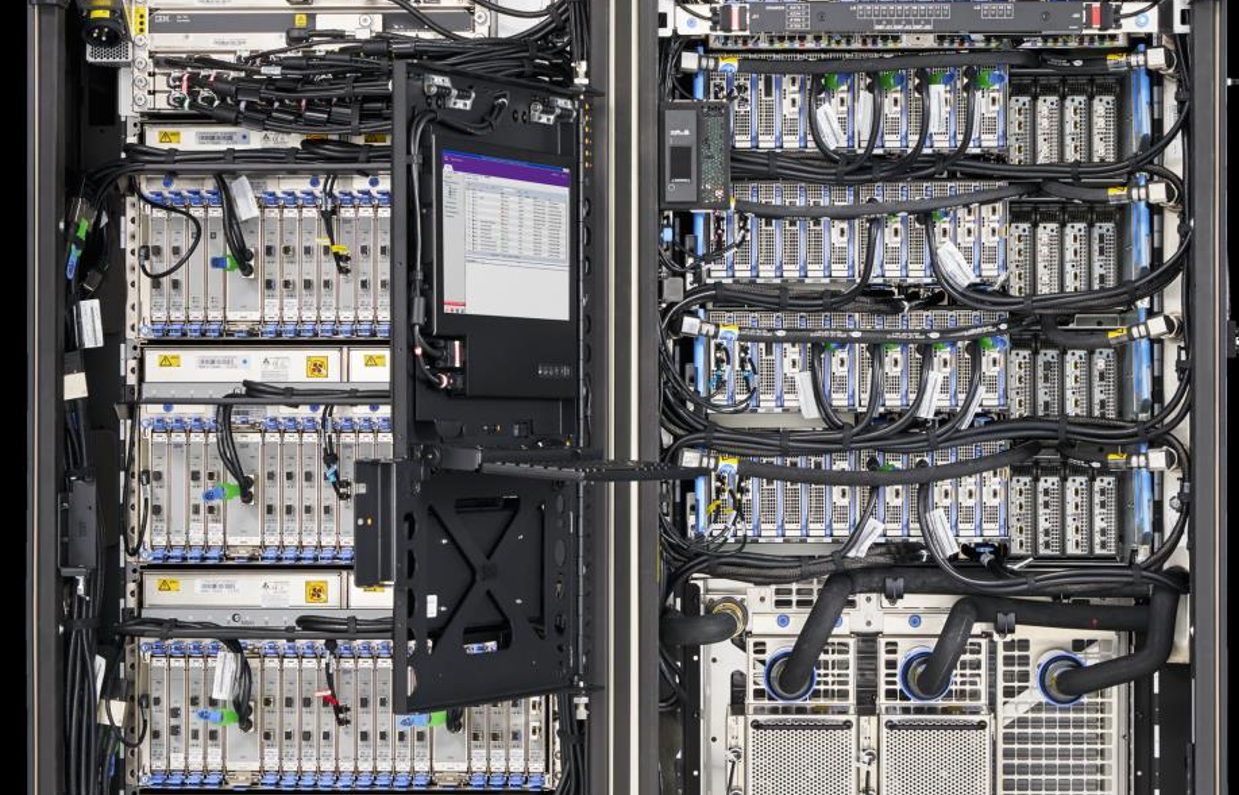Regulators have been sharpening their knives over cloud data egress fees. Now AWS has joined GCP in throwing them – and customers – a bone.
“Beginning today, customers globally, are now entitled to free data transfers out to the internet if they want to move to another IT provider.”
That’s according to AWS VP Robert Kennedy in a March 5 blog.
The announcement came as regulators including the UK's Ofcom have taken aim at “egress fees… the charges that customers pay to transfer their data out of a cloud” with the regulator saying in early 2023 that “the hyperscalers set them significantly higher than most other providers.”
See also: AI firm Anthropic slashed its AWS bill 40% by using Karpenter
AWS has always resisted that characterisation, saying in response to a UK cloud market investigation that "the cost for inbound data transfers is… a one-time cost that can be incorporated into [data storage fees]. The same is not true for outbound data; some customers may not plan to transfer their data out, whereas some will transfer it millions of times daily...
"By charging for outbound data transfer instead of incorporating it into the fees for storage or other services, AWS can ensure that customers only pay for the services they use. This is a key component of AWS’s pay-as-you-go pricing model, which enables customer flexibility and allocates costs based on actual customer use of AWS services," as it put it in early 2023.
Cross-AZ traffic, NAT gateways, elastic IPs, overprovisioning: Hell for your CFO
The biggest data transfer headache for AWS customers, of course, is not necessarily the "I want out" kind that the hyperscaler is now making offers on, but just the cross-region and other data transfer fees that can drive up bills considerably; for example charges around the use of a NAT gateway in a VPC and/or use of elastic IPs can add up fast. With most cloud architects encouraged to build highly available distributed systems that use multiple "Availability Zones" to increase service availability, costs can easily soar; not least when myriad microservices are talking to each other and/or databases with API calls that sometimes cross AZ boundaries.
As one architect notes in a handy blog: "Even if you have the correct tooling (like VPC Flow logs which is indeed very useful), it’s pretty complicated to consider where the traffic is coming from and where it’s going. This becomes more challenging when it comes to running EKS across multiple availability zones with all its internal components..."
We're burying the lede...
But we're burying the lede.
To repeat: AWS is ending data charges for those turning off every light and unplugging every plug. A fleeting read of AWS’s FAQs does show that the offer only applies for customers moving “all of their data off of AWS” (woe betide anyone leaving a rogue S3 bucket somewhere). Customers wanting to avail themselves of this offer need to contact customer support, get approval, get credits to make this exit and then jump ship within 60 days.
There are also exclusions to be aware of. AWS’s own services won’t be available to help you freely: “Data transfer out from specialised data transfer services, such as Amazon CloudFront, AWS Direct Connect, AWS Snow Family, and AWS Global Accelerator, are not included.”
Taking 400 words to get to the point in an otherwise cloud-aggrandising 600-word blog Kennedy added, in a dig at Microsoft: “The biggest barrier to changing cloud providers continues to be unfair software licensing.
“Some IT providers impose licensing restrictions on their software that make it financially unworkable for their customers to choose a cloud provider other than them… This issue must be solved to promote customer choice, and like many others across the industry, we believe embracing the Principles for Fair Software Licensing is the best route…”
CISPE, a cloud infrastructure group whose members include Amazon and 26 small EU cloud providers, filed a complaint with the European Commission in late 2022 alleging that Microsoft's new contractual terms were harming Europe's cloud computing ecosystem. The organisation, which is now in talks with Microsoft, alleges that there is a “28% surcharge or tax paid by customers - or their vendors forced to absorb the cost – just to run Microsoft productivity software in a non-Microsoft cloud.”









